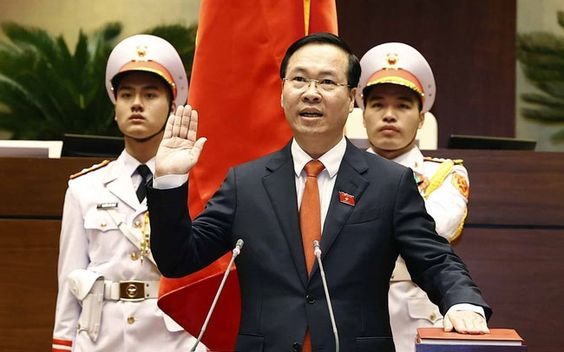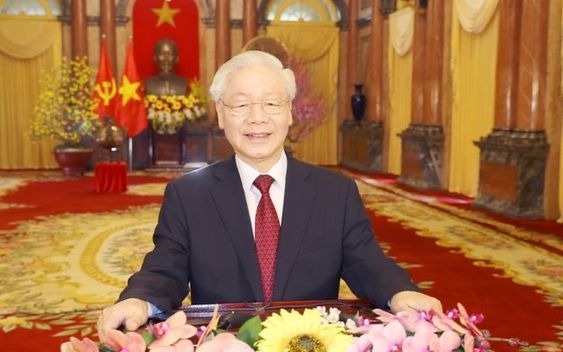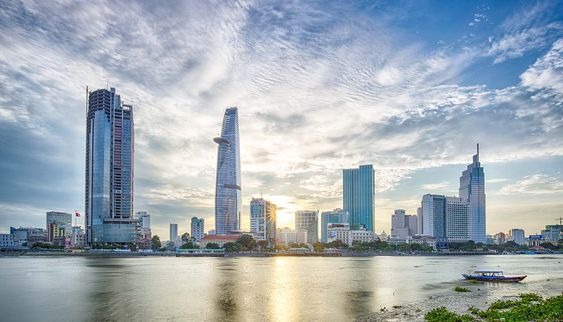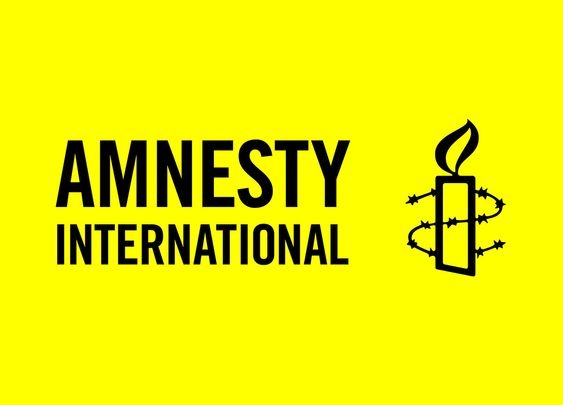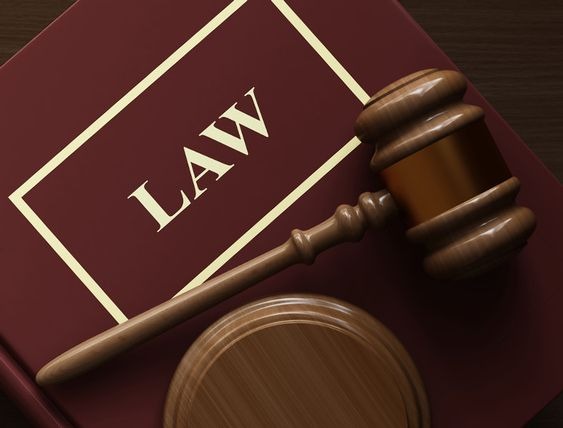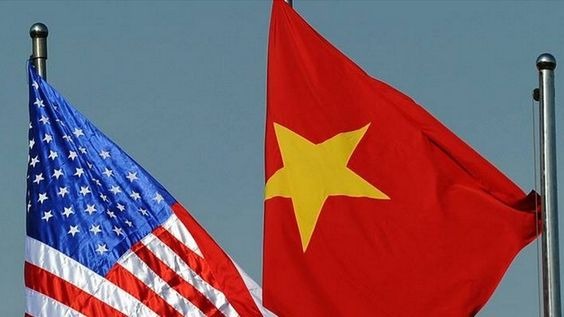Vietnam President Steps Down After a Year in Office, Fueling Fears Over Country’s Stability

Vietnam President Steps Down After a Year in Office, Fueling Fears Over Country’s Stability
About the Vietnamese Communist Party
Resignation Approval
The Anti-Corruption Campaign
His Violations Are Unknown
Speculations Regarding the CPV
The President’s Role
Explaining the National Assembly
Censorship and Vietnam
How Article 117 Was Used
Investors Are Wary of the Campaign
Vietnam’s Goals
MOST POPULAR
-
Dinosaur Embryo Discovered Inside 72-Million-Year-Old Egg
March 22, 2024 -
Some Countries With Strict Anti-LGBTQ+ Laws
March 22, 2024 -
New Study Reveals Underground Climate Change Below Populated U.S. Cities
March 18, 2024 -
Truckers Show Support for Trump, Boycott NYC Amid $355 Million Civil Fraud Ruling
April 17, 2024 -
CRFB Reveals How Much National Debt Trump Incurred in His Presidency
April 19, 2024 -
Did Oswald Act Alone? Chilling Testimonies From JFK’s Assassination
March 9, 2024 -
Americans Think Both Biden and Trump Would Not Make Good Presidents
April 16, 2024 -
Here’s Why Young American Males Don’t Want a College Education
May 18, 2024 -
Baltimore Mayor Accuses Racists of Weaponizing DEI Language
April 15, 2024 -
Federal Judge Suggests Trump Might Incite Another Riot Like January 6
April 18, 2024


